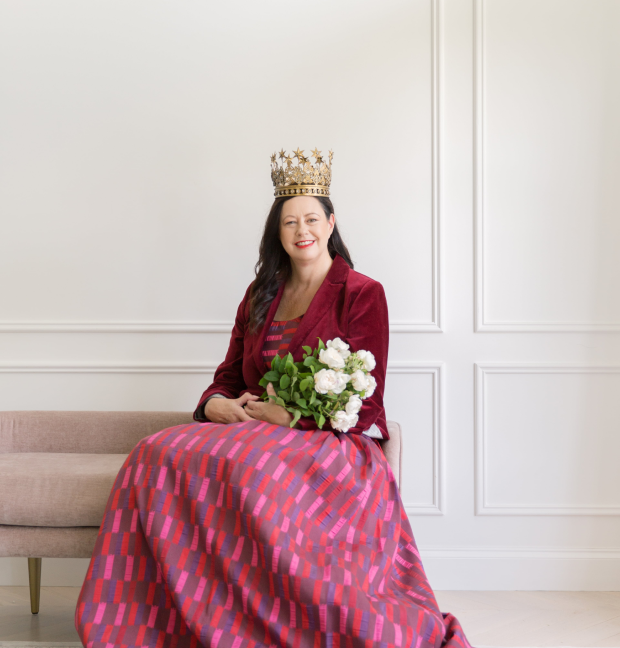
The Blurb:
In late 2015, Georgia Blain was diagnosed with a tumour sitting right in the language centre of her brain. Prior to this, Georgia’s only warning had been a niggling sense that her speech was slightly awry. She ignored it, and on a bright spring day, as she was mowing the lawn, she collapsed on a bed of blossoms, blood frothing at her mouth.
Waking up to find herself in the back of an ambulance being rushed to hospital, she tries to answer questions, but is unable to speak. After the shock of a bleak prognosis and a long, gruelling treatment schedule, she immediately turns to writing to rebuild her language and herself.
At the same time, her mother, Anne Deveson, moves into a nursing home with Alzheimer’s; weeks earlier, her best friend and mentor had been diagnosed with the same brain tumour. All three of them are writers, with language at the core of their being.
The Museum of Words is a meditation on writing, reading, first words and last words, picking up thread after thread as it builds on each story to become a much larger narrative. This idiosyncratic and deeply personal memoir is a writer’s take on how language shapes us, and how often we take it for granted — until we are in danger of losing it
My Thoughts:
I first met Georgia when we were both young writers, our first books being published around the same time. We saw each other occasionally at literary festivals and parties, but I never really got to know her well and I never read any of her work. So many books, so little time!
Then, in 2016, we were both guests at the Byron Bay Writers Festival, and I went to listen to her speak in conversation with Charlotte Wood. Georgia had written a novel called Between a Wolf and a Dog about a woman who discovers she is dying of a brain tumour. When her novel was about to be published, Georgia discovered that her dear friend and mentor Rosie Scott was dying of the same awful cause. One month later, Georgia had a seizure in her back garden. She too has glioblastoma multiforme, an aggressive and incurable form of brain cancer. The eeriness of the coincidence, the suddenness of the disease’s onset, the way the tumour had sunk its poison-tipped claws into the language centre of her brain, the ominous shadow of her coming death – Georgie spoke about all of these so frankly and beautifully with her friend Charlotte that I was inexpressibly moved. She died soon after that interview, and this memoir of her last year of life was published posthumously. It is spare and delicate and haunting and unutterably moving. Read it with a big lump in your throat.

